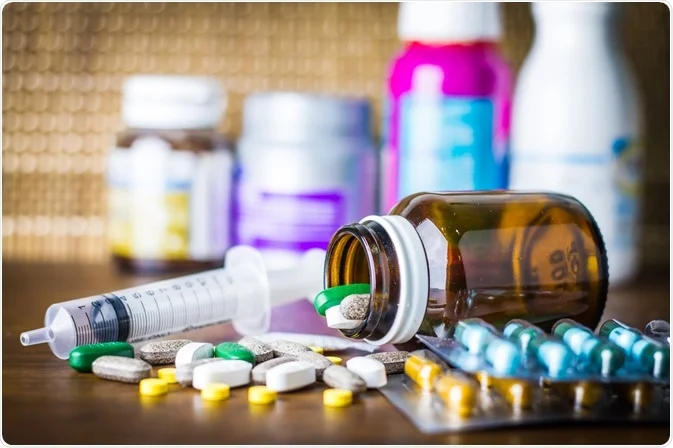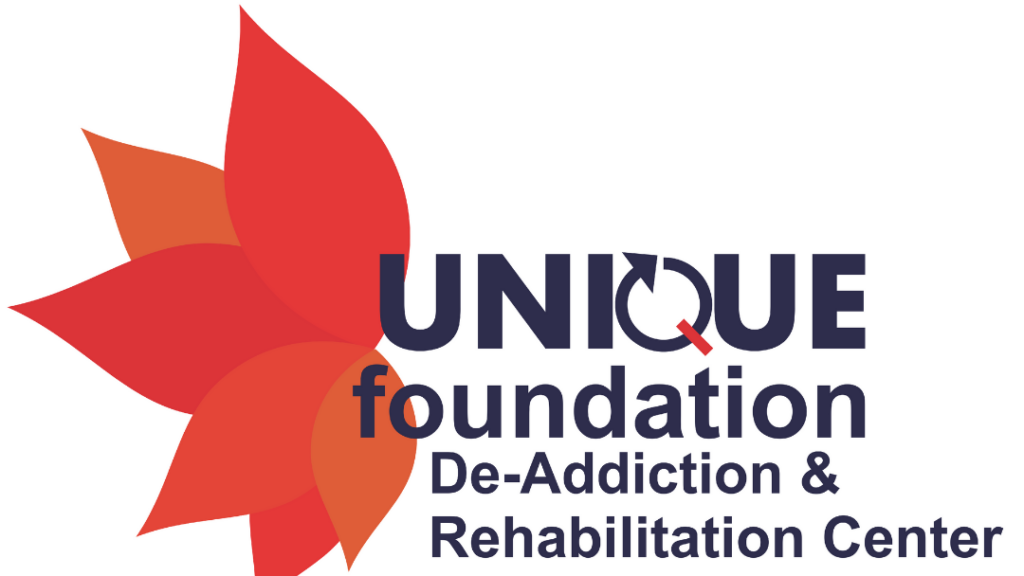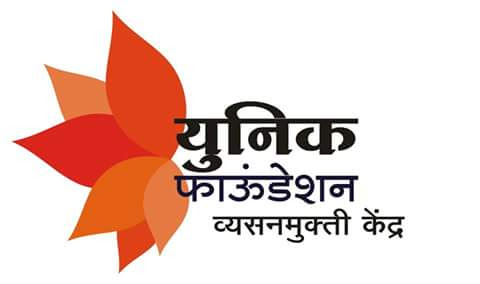Proper Medication

In de-addiction centers, proper medication plays a crucial role in assisting individuals dealing with substance abuse disorders. The medications used can vary based on the substance of abuse and the individual’s specific needs. Here are some common medications used in de-addiction centers:
- Opioid Addiction:
- Methadone: Helps manage opioid withdrawal symptoms and cravings.
- Buprenorphine: Similar to methadone, it reduces withdrawal symptoms and cravings but has a lower risk of misuse.
- Naltrexone: Blocks the effects of opioids and decreases cravings.
- Alcohol Addiction:
- Disulfiram: Causes unpleasant reactions when alcohol is consumed, acting as a deterrent.
- Acamprosate: Helps in maintaining abstinence by reducing the desire to drink.
3.Nicotine Addiction:
- Nicotine Replacement Therapy (NRT): Includes patches, gums, lozenges, or inhalers that provide controlled amounts of nicotine to reduce withdrawal symptoms.
- Bupropion: Helps in reducing nicotine cravings and withdrawal symptoms.
- Varenicline: Reduces cravings and blocks the effects of nicotine on the brain.
4.Stimulant Addiction (e.g., cocaine, amphetamines):
- Currently, there isn’t a specific medication approved for treating stimulant addiction. However, medications might be prescribed to manage associated symptoms like depression or anxiety.
5.Benzodiazepine Addiction:
- Tapering doses of benzodiazepines under medical supervision to manage withdrawal symptoms.
- Sometimes other medications are used to address symptoms or co-occurring mental health conditions.
It’s essential to note that medication alone might not be sufficient for successful recovery. Psychological therapies, counseling, support groups, lifestyle changes, and social support also play crucial roles in the recovery process.
At de-addiction centers, the administration of medications should be closely monitored and managed by healthcare professionals, including doctors and addiction specialists. Individualized treatment plans should be formulated based on the person’s specific addiction, medical history, and any co-occurring mental health conditions.

